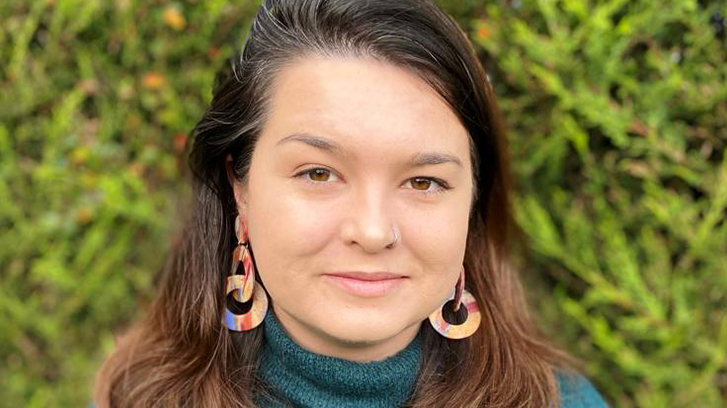
Growing up in the care system in the UK, I was always dimly aware of a vague expectation of failure.
People around me – including some teachers and those working in social services – were always sort of surprised that I was doing quite well at school, that I was well-adjusted and ambitious. I owe the positive aspects of my care experience wholeheartedly to my incredible foster parents, who worked tirelessly to give myself and my brother a healthy, stable and loving environment in which we could flourish.
It was like almost everyone around us had already decided that we would amount to nothing
Despite this, I grew up wondering why my brother and I, as kids in care, were seemingly pre-determined to fail. It was like almost everyone around us had already decided that we would amount to nothing, a conviction informed by the simple fact of us being in care. I found myself embarrassed that I was in foster care, and tried to hide the fact from others, feeling that it was a mark against me. This is, of course, a narrative that many children in care are familiar with. I grew up feeling I might at any moment become a social pariah, cross some previously unseen line, and prove everyone right. Instead, the fact that so little was expected of me by the system drove me to prove them wrong.
As I got older and read more widely, I began to understand that this expectation of failure for care-experienced children is not just something perpetuated inside the care system: it’s something we see in all corners of our society. From the care system itself to the books we read, the film and television we watch and the stories we consume in news media; care-experienced people see everywhere the perpetually reinforced idea that we are all doomed to fail.
I decided I wanted to do something to combat this harmful and stigmatising narrative.
So, I wrote Careless: my debut novel about a young girl growing up in care.
Despite discussing difficult issues and not shying away from the realities of growing up in care, Careless is ultimately a story of hope, ambition, and self-love.
The book follows Bess, who is fifteen years old, as she discovers that she is pregnant and must decide what to do about it. Bess’s story of following her dreams against all the odds is one rarely told about care-experienced people. Despite discussing difficult issues and not shying away from the realities of growing up in care, Careless is ultimately a story of hope, ambition, and self-love.
While Careless is not autobiographical, there are definitely many elements of the story that are drawn from my own experience growing up in the care system: a system that expects little from its children, and rarely inspires aspiration or achievement. While Bess goes through many challenges and set backs, as children in care are bound to, the story focuses on her successes rather than her failures; her possibilities, rather than her limitations. In this way, Careless is a far more positive and uplifting narrative of the care experience, without denying the unique disadvantages and difficult challenges that care-experienced children face every day.
I want my novel – with its complicated, flawed, and determined care-experienced heroine Bess – to show readers what care leavers are capable of; that it is time we took control of our own narratives. That we don’t have to rely on age-old tropes and stereotypes about the care experience in the media we consume. I hope that if there are more positive representations of care leavers in books, film and television, wider public perceptions of looked-after children and care leavers will start to change too.
Careless is published on 13 May 2021 by Orion Fiction, which you can pre-order here.
You can follow Kirsty on Twitter @kirstycapes and on Instagram @kirstycapes.author
Comments